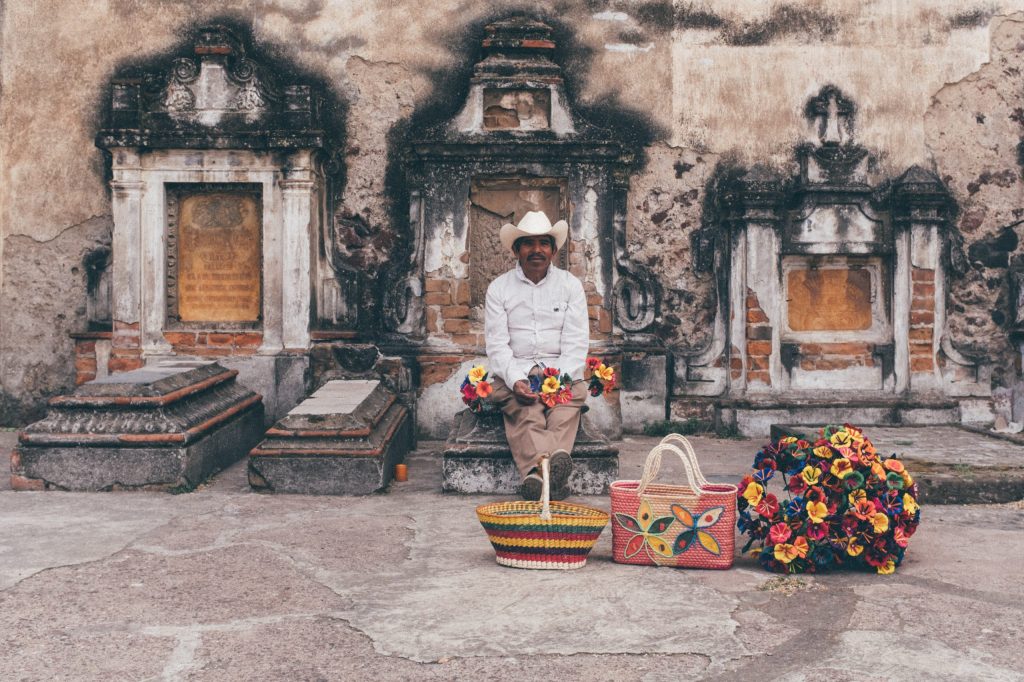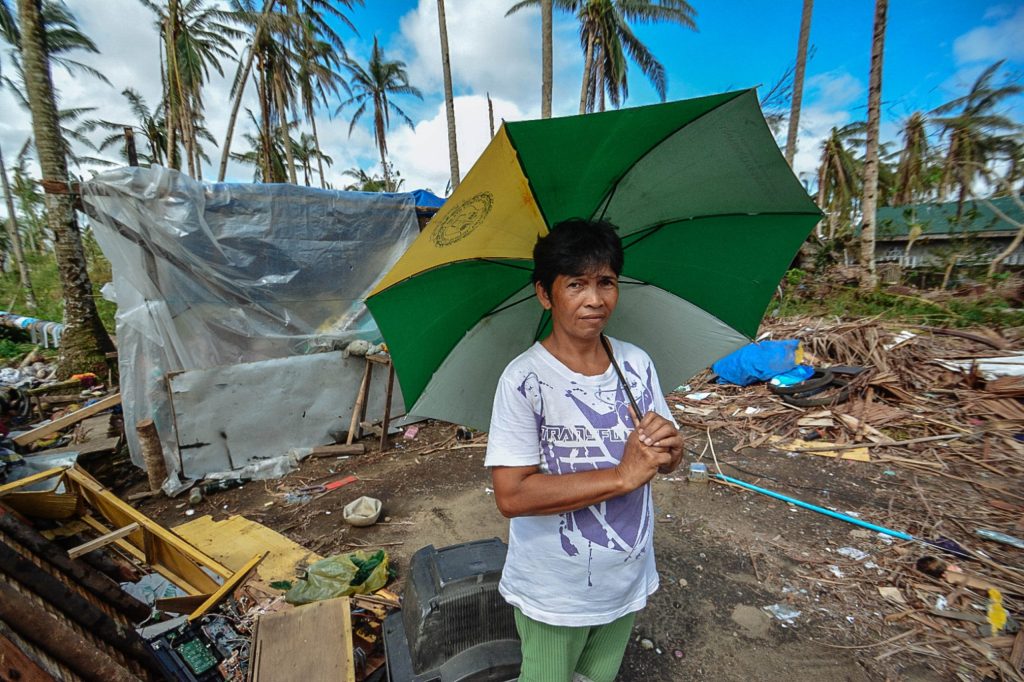How we tackle climate change in our cities matters.
We turn to activists for their definitions and demands.
This website gathers the stories and demands of grassroots activists who are organizing to address rising inequities caused by the intersection of climate change and social injustices in cities. By collecting and amplifying these stories, we hope to build a people’s agenda for addressing climate change that works towards just urban living conditions for all.

Why Urban Climate Justice?
What is climate justice?
The term climate justice calls attention to the historical power inequities that have shaped our current climate crisis. A climate justice approach focuses on addressing the climate crisis through system change that also addresses the lived experiences of colonialism, racism, and uneven development.
Why is it important to focus specifically on cities?
Many cities and their marginalized residents have already been grappling with diverse vulnerabilities, including acute problems of access to basic urban services like housing, water, sanitation, and transport. Thus, urban areas, especially in the Global South, are the main theatres of climate impact, exacerbated by migration to urban areas and the concentration of population in urban agglomerations.
Why are we focusing on residents and activists in the Global South?
Historically marginalized communities are the most vulnerable to the climate crisis as they often live in precarious housing that is in close proximity to environmental hazards. This necessitates centering vulnerable communities in the climate action plans of cities. Further, activists and social movements have long been engaged in struggles against such inequalities, and are putting up concrete and specific demands rooted in their visions of just future cities.
Why is this so urgent?
While the impacts of climate change grow, climate policy experts continue to offer action plans that are technocratic, globally standardized, and infrastructure centred. These technical solutions neglect not only the future climate vulnerabilities of these communities but also the vulnerabilities rooted in the existing inequalities.
Exploring new pathways for collaborative research
Our project asks social justice activists working across the Global South four questions:
1. In an era of climate change and fast-paced urbanization, how do you envision a just and equitable city?
2. What are the demands, agendas, and actions for addressing the multi-dimensional historical and existing inequalities impacting your city? What can you tell us about the origins, persistence, and underlying power dynamics of these inequalities?
3. What are the demands, agendas, and actions for ensuring equitability and justice in the face of imminent climate change impacts in your city?
4. What contributions do you expect, directly or indirectly, from academics working for a just and inclusive city? How might activists and academics learn from each other?
Featured Activists



We are currently conducting these interviews. We plan to feature activists’ responses on this website. If you are an activist and would like to participate, please send an email to Paroma Wagle at paroma.wagle@ubc.ca.
Help us map climate justice in your city
Do you have experiences related to climate change and climate justice in your city? We can’t interview everyone! So, we are asking visitors to our website to reflect on similar questions to those we are asking activists. Follow the instructions below to participate!
Step 1: Click the red icon with the “+” symbol on the map. Type in the name of your city. In some cases, you can pick a specific neighborhood if you desire.
Step 2: Type your answers to the below questions in the text box
- What are the inequalities in your city (i.e. water, housing, transportation, etc) and how is climate change affecting these inequalities?
- What is your vision for climate justice in your city?
Step 3: You can add any other materials (photos, files, links) to your answer by clicking on the tiles above the text field. This is completely optional.
Step 4: Review and submit your answers. Please know this map will be public. Only share what you are comfortable sharing.
Want to contribute more to the project?
We would love to hear from you.
Learn more…
In addition to sharing stories, we are also working to create blog content, shareable resources, and live events that aim to build an international network for a people’s climate justice agenda for the city.
Featured blog posts
Featured Resources
2022/2023 Urban Climate Justice Policy Document
We plan to conduct close to forty initial interviews. After these interviews, we will analyze and synthesize the responses of activists. We plan to produce a policy document based on the findings. This will be released at the end of 2022 or in early 2023.

STAY TUNED…
Urban Climate Justice Summit (February 2023)
We are in the process of scheduling a summit where activists and academics can discuss the initial research findings, make connections, and open a more robust dialogue on what it will take to realize a people’s Urban Climate Justice agenda in the Global South. We will release more details in the coming months.

STAY TUNED…


